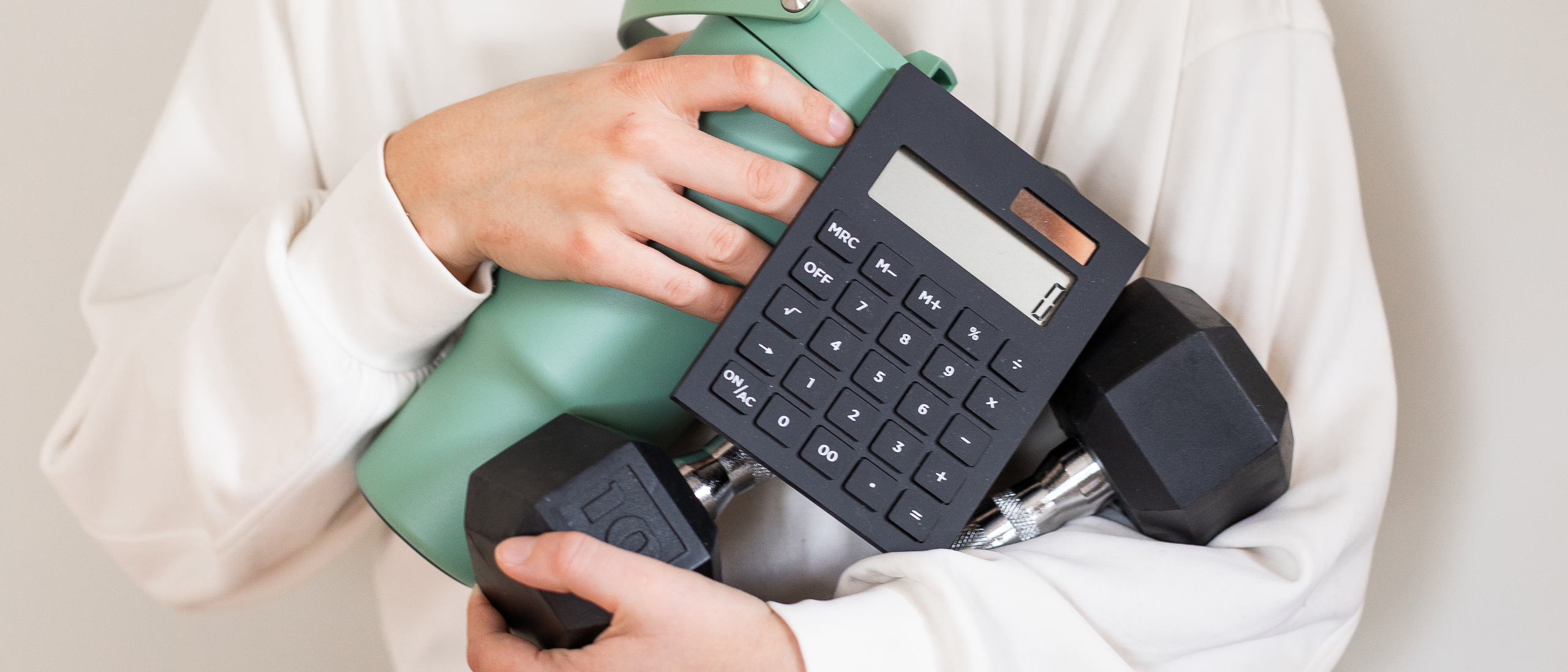For this interview I partnered with Idealust, a business coaching resource to help photographers and other creative entrepreneurs grow and scale their small businesses.
Q: Creative people and solo-preneurs tend to be very good at the creative stuff, and less pro-active about the financial stuff. What advantages do creative entrepreneurs access when they hire an accountant? At what point are they losing more money than they’re saving by not hiring an accountant?
A: When a creative entrepreneur takes the plunge and hires an accountant, they can stop stressing about the accounting and tax side of their business and put more energy back into the part they love – the creative part. An accountant can remind creatives about tax deadlines, assist in the case of a stressful audit, and be a resource for you to ask questions to as you continue to learn more and more about accounting and tax.
There’s a point where you’re spending so much time researching and trying to understand tax laws, deductions and that’s the time to call in an expert. A question, like “How to deduct business mileage?” may take you several hours to research, and it may take your accountant a few minutes to email you an explanation.
Q: As a CPA you see a side of things that creatives would love to ignore: the realities of financial decisions. What are the most common financial mistakes or omissions you see creatives making?
A: In my work with Creatives, I find that it is a common mistake to not plan for the tax due from the income their business generated during the year. By working with your accountant throughout the year and not just when your tax return is due, a plan can be made so taxes are paid in periodically or money is saved in anticipation of the taxes being due.
Q: Are there best-practices that you see creatives commonly neglecting or ignoring concerning tax time?
A: It’s easy, even for me, to want to put off the bookkeeping and focus on income-generating activities. The problem is that this makes tax time incredibly stressful because not only will you likely have a large payment due, you also have to set aside a huge chunk of time to organize a year’s worth of income and expenses. By setting aside an hour each week, or a couple hours a month, to get your bookkeeping squared away, you can see how your business is performing throughout the year and you won’t have an overwhelming amount of work to do at the end of the year.
Q: A lot of creatives do what they love on a part-time basis. Are there exemptions or write-offs they could be taking advantage of that they might never have considered?
A: There are a couple deductions some creatives forget to take or are nervous to take in fear they will cause an audit. The first is “car and truck expense.” This can be calculated by adding up all auto expenses and deducting a percentage of the total amount or it can be simply calculated by tracking all business miles you drive. It takes discipline to track each business trip and the business purpose, but with the help of smart phone apps, some of the hassle has been lessened.
The other deduction is for the home office. I hear time and again that the creative entrepreneur would rather just not take the deduction because they’re nervous it will cause an audit. With more and more people working for themselves and working from home, this deduction does not raise eyebrows with the IRS like it has been rumored to in the past. It requires a little work in tracking home utilities, repairs, and other home expenses, but it will be worth it if you’re able to lower your taxable income.
Q: What kind of tax savings are your clients commonly missing out on by not maximizing retirement savings?
A: There are several retirement savings options available to self-employed creatives. SEP IRAs, SIMPLE IRAs and individual 401(k)s all allow you to skip the tax on contributions made now, and pay the tax later, when you’re ready to use it in retirement. Depending on the size of the contribution, this can be a sizeable tax savings. ROTH IRA plans don’t get a tax break when you make a contribution now, but instead, you are able to let your money grow and use it in retirement, tax free! Either way, if you aren’t putting any money away, you’re missing out on the opportunity for tax savings.
What kind of tax savings or other benefits can creative entrepreneurs realize by incorporating? At what point should they be considering incorporation?
If a creative entrepreneur is considering becoming a Limited Liability Corporation and they are the only member, they would be considered a “single-member LLC” and would be treated, for tax purposes, exactly the same as a sole proprietor. If making the switch to an LLC, there is a benefit of limited liability protection. This means creditors can’t come after personal assets of the owner to pay the business’s debts.
When considering becoming an S Corporation, there are several factors to look at. As an S Corporation, tax savings occur when the business is producing enough income to pay the shareholder employees a reasonable salary, pay expenses, and have enough left over for distributions. While the salary is subject to payroll taxes, the distributions are not.
Q: Are there other ways creatives could be more proactive in their finances?
A: Take time to learn about the business side of your business. It’s the less glamorous side of being a business owner, but the better armed you are with information, the better you’ll be at making decisions for your business. For example, thinking about hiring someone? Knowing the difference between an employee and a contractor can have a huge impact on how you report their earnings and whether or not you are required to withhold employment taxes. While it can be necessary to hand work off to others (bookkeeping to a bookkeeper, etc.) you still want to knowledgeable enough to question the person if something looks odd.
Q: How much should creatives be setting aside in anticipation of tax time?
A: While everyone’s situation is different, I generally recommend setting aside (or paying as a quarterly estimated payment) about 30-35% of net income (income less expenses).
Q: Are there online tools, apps, or resources to which you point clients to help them better track and manage their finances?
There are so many great resources out there for creative entrepreneurs. A few of my favorites are:
- MileIQ is a mileage tracking app available for Android and iPhone that will capture your drives automatically. The app runs in the background tracking your miles and creating a comprehensive record of your drives.
- Freshbooks, a cloud accounting program, is a very simple program that pulls in your bank transactions. Their app allows you to take pictures of receipts so you never forget or lose one and you can categorize it instantly or while you’re waiting at the dentist office.
- QuickBooks is another option for cloud accounting and their app, similar to Freshbooks’ app, allows you to manage your business finances outside of the office.
Q: A client just asked you what 3 things she could be doing right now that would make the biggest difference to her at the end of the year, what do you tell her?
A:
- Keep your bookkeeping up to date, or hire someone to do it for you. The power from knowing how your business is doing throughout the year, rather than just at the end of the year can be huge.
- Make a plan for your money. This includes saving money for taxes, money for retirement, money for expenses, and money for yourself. Finding the right balance will take time but you will learn what works best through experience and a little chat with your accountant.
- Instead of putting receipts in a big pile, organize them by month so at the end of the year, if you or your accountant needs more information about a specific expense, you won’t spend hours searching through a mountain of receipts. I put mine in document-sized envelopes labeled with the month but you could also snap pictures and save them in Evernote (another great tool for creatives).




